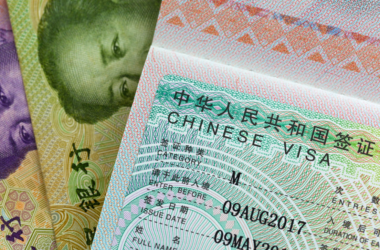China has sharply criticized US President Joe Biden’s characterization of Chinese President Xi Jinping as a “dictator,” deeming the remarks “extremely wrong” and accusing the US leader of engaging in irresponsible political manipulation. This exchange comes in the aftermath of a summit between Biden and Xi held in California, where tensions were already palpable.
During a solo news conference following the summit talks, President Biden reiterated his earlier stance that Xi Jinping is effectively a dictator. Despite holding four hours of discussions with Xi, Biden maintained his view, asserting that Xi leads a communist country with a governance structure vastly different from that of the United States. The US president’s comments, made in June and restated after the recent talks, drew a swift and firm response from China.
In response to Biden’s remarks, China’s foreign ministry spokesperson, Mao Ning, expressed strong opposition without directly mentioning the US president. Mao denounced Biden’s comments as “extremely wrong” and accused him of engaging in irresponsible political manipulation. The foreign ministry official argued that some individuals with ulterior motives are attempting to damage US-China relations but asserted that such attempts are destined to fail.
This is not the first instance of friction between the two nations over such comments. In June, when Biden initially labeled Xi as a dictator, China dismissed the remarks as absurd and provocative. Despite these tensions, both countries engaged in extensive talks aimed at addressing strained relations, culminating in the recent summit meeting.
Xi Jinping, who secured a third term as president in March, has been a central figure in China’s leadership. His presidency has been characterized by the consolidation of power in policy-making, the military, and the suppression of media freedoms. Biden’s consistent characterization of Xi as a dictator reflects the broader tensions between the two nations over ideological and governance differences.
The recent exchange adds another layer of complexity to the already strained relationship between the United States and China. While the two sides engaged in talks to improve relations, Biden’s remarks indicate lingering disagreements and differing views on fundamental governance principles. The strong opposition from China underscores the challenges both nations face in navigating their relationship amidst geopolitical complexities.
The aftermath of the Biden-Xi summit has revealed heightened tensions, with China strongly opposing Biden’s labeling of Xi as a dictator. As both countries grapple with divergent ideologies and political systems, the impact of such remarks on the broader US-China relationship remains to be seen. The recent exchange highlights the ongoing complexities and challenges in diplomatic interactions between the world’s two largest economies.








